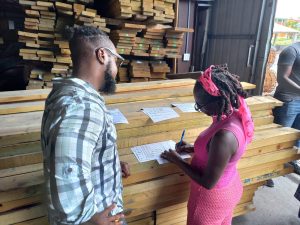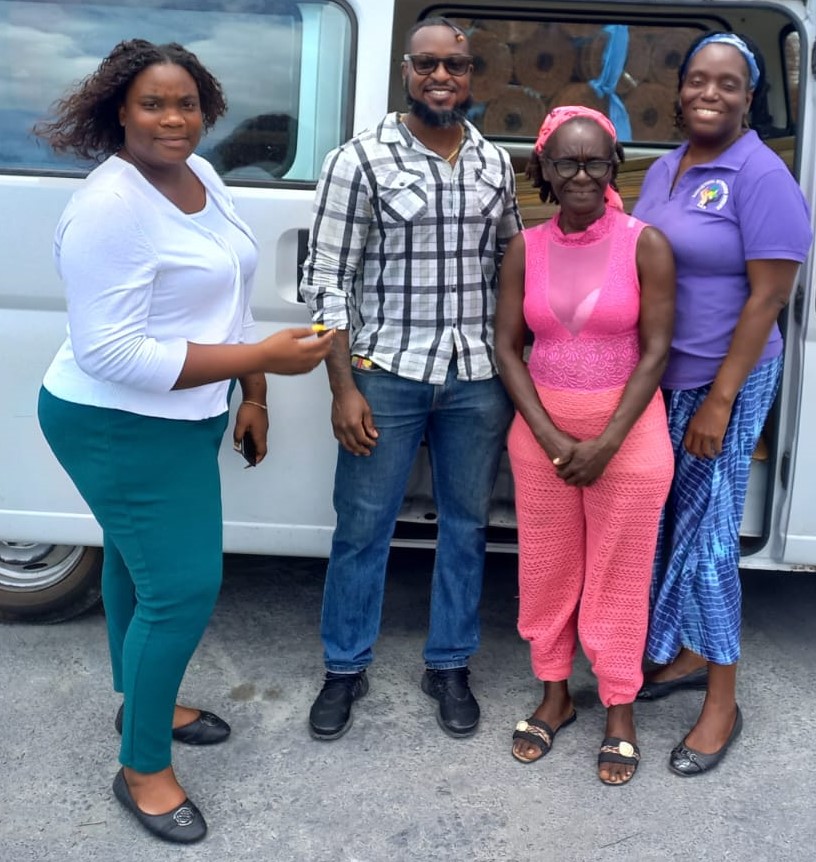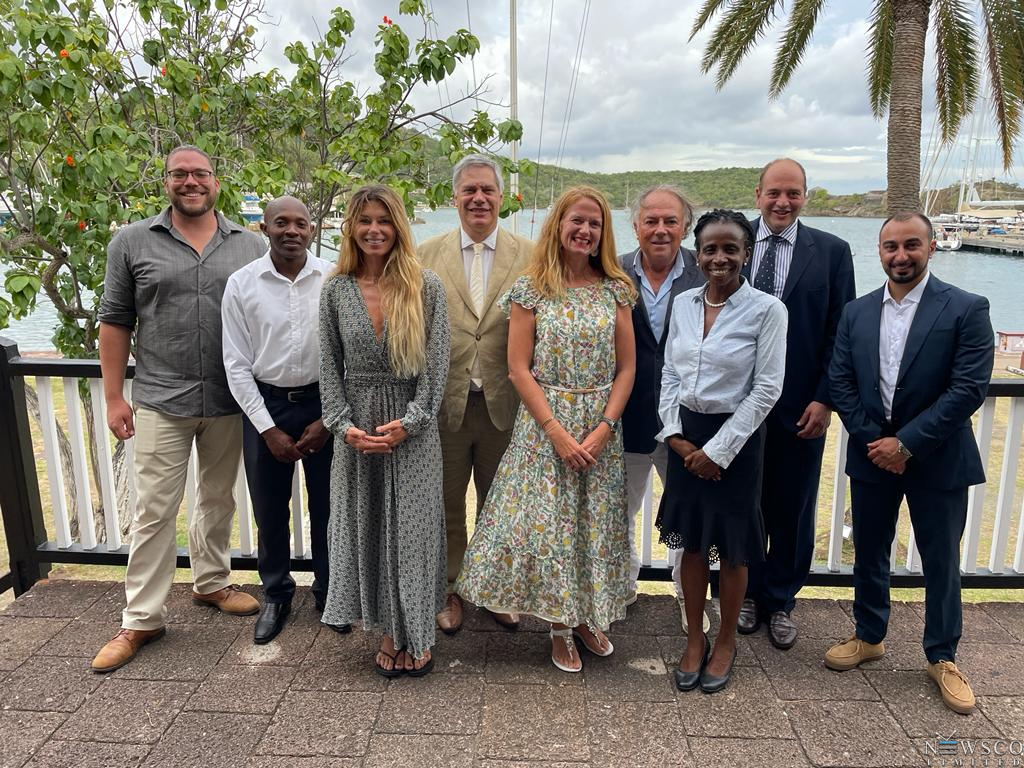Two female farmers are receiving support from the Food and Agricultural
Organisation (FAO) who are embracing the benefits of protected agriculture.
The FAO says protected agriculture, also known as controlled environment
agriculture or greenhouse farming, involves cultivating crops within enclosed
structures such as greenhouses or net houses, providing an optimized environment
to enhance crop growth while safeguarding against adverse weather conditions,
pests, diseases, and other external factors.
“As part of the Water-Energy Food Nexus Project, the FAO has made a significant
contribution to these farmers by providing essential resources to expand their
production capacity. These resources include shade-cloth, lumber, and other
building materials that will enable them to upscale their farming operations
effectively. Funding is provided by the Government of Mexico under their
cooperation arm, AMEXCID which is managing the wider Resilient Caribbean
Initiative Project across several CARICOM Member States,” explained FAO
National Project Coordinator, Mali Barnes.
According to Barnes, the primary objective of the Water-Energy Food Nexus
project is to empower farmers in Antigua and Barbuda by enhancing their access to
water resources and building their capacity to utilize water more efficiently. The
project aims to promote innovative techniques such as hydroponics and other
forms of protected agriculture, which maximize water usage and enable sustainable
farming practices.

“By equipping the women farmers with the necessary tools and materials, the FAO
is enabling them to establish a more resilient and productive farming system. The
materials provided through the project will support the expansion of their protected
agriculture infrastructure, offering them greater control over the growing
conditions and a heightened ability to protect their crops from external challenges,”
he noted.
Through this collaboration, the FAO reaffirms its commitment to fostering
inclusive and sustainable agricultural practices, promoting gender equality, and
addressing the challenges faced by farmers in Antigua and Barbuda. By harnessing
the potential of protected agriculture and efficient water management, the WEF
Project is paving the way for a more prosperous and resilient agricultural sector in
the region.



